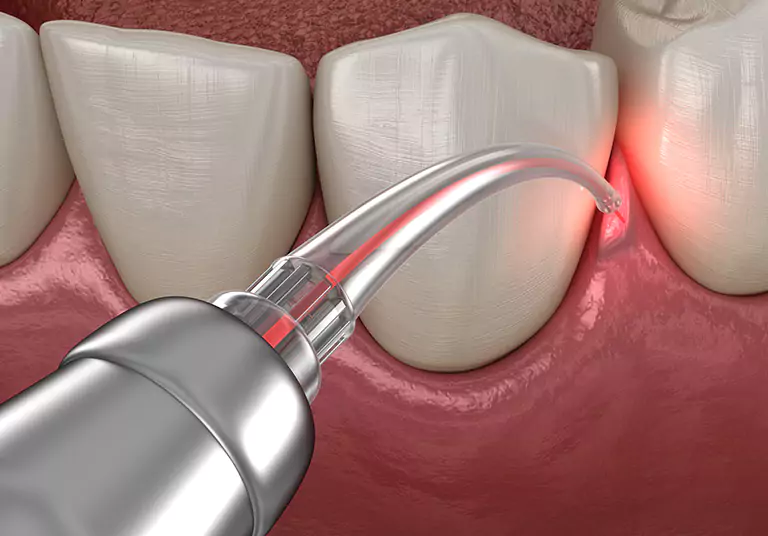Have you ever wondered when the right time is to book a dental appointment? Oral health is not about brushing and flossing at home; regular visits help maintain strong teeth and gums. Scheduling a visit at the right dentist near me allows problems to be addressed early and keeps your mouth in better condition over time.
Routine visits:
Routine visits are recommended every few months to keep track of oral health. During these appointments, the dentist examines the teeth, gums, and overall condition of the mouth. Regular check-ups are helpful for early detection of any issues before they grow into something more complex.
Dental pain or sensitivity:
If you experience toothache, gum pain, or sensitivity to hot and cold, it is time to schedule a visit. These are signs that something may be affecting your teeth or gums. Ignoring such discomfort may lead to more severe concerns, so early attention is always better.
Bleeding gums:
Noticing bleeding while brushing or flossing should not be overlooked. It might indicate gum issues that want immediate attention. Scheduling a dental visit at this stage allows proper examination and treatment to stop the problem from worsening.
Damaged or chipped teeth:
Accidents or biting hard food can sometimes cause teeth to chip or crack. Scheduling a visit after such damage is essential, as even minor cracks can grow larger if not treated quickly. This also helps restore the tooth’s shape and function.
Bad breath that persists:
Occasional bad breath is normal, but if it continues despite good oral care, a visit is necessary. Persistent odour may point to gum disease, cavities, or other oral conditions. A professional examination will identify the cause and provide the right solution.
Dental cleanings:
Professional cleanings are recommended to remove plaque and tartar that brushing cannot handle. Scheduling these sessions keeps the teeth brighter and gums healthier. Cleanings also reduce the risk of tooth decay and gum problems over time.
After dental procedures:
If you have had fillings, crowns, or extractions, follow-up visits are necessary. These appointments allow the dentist to check healing progress and ensure the treatment is working as expected. Skipping them might leave problems unnoticed.

